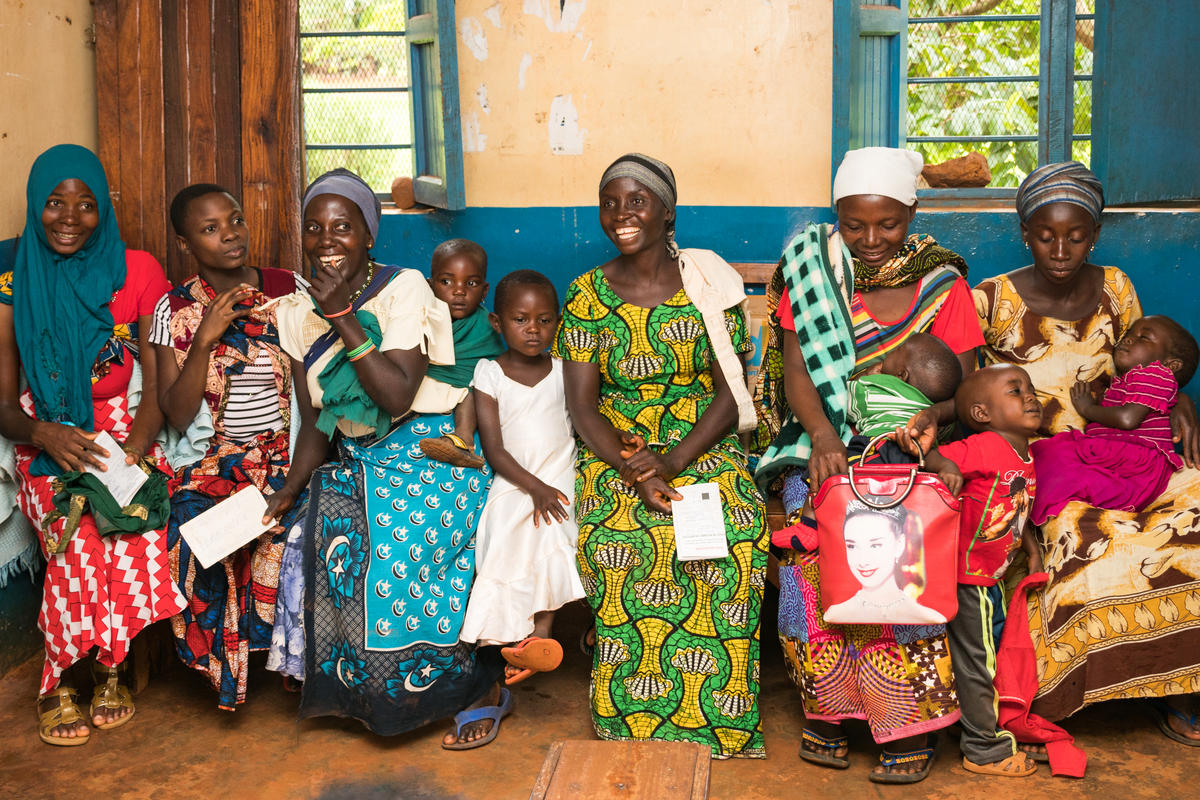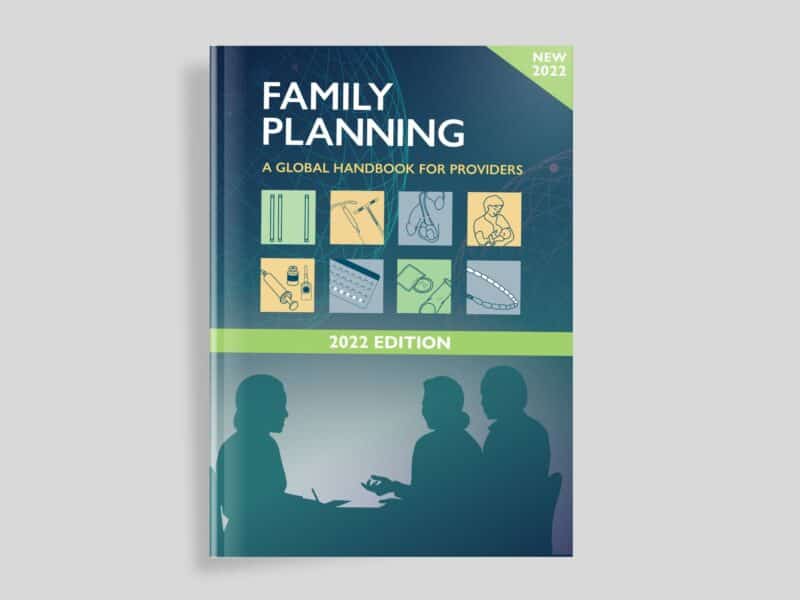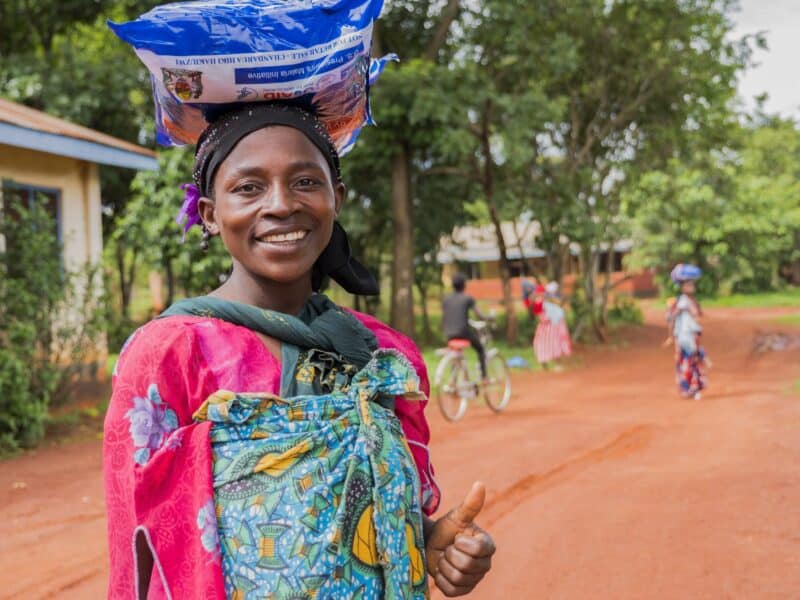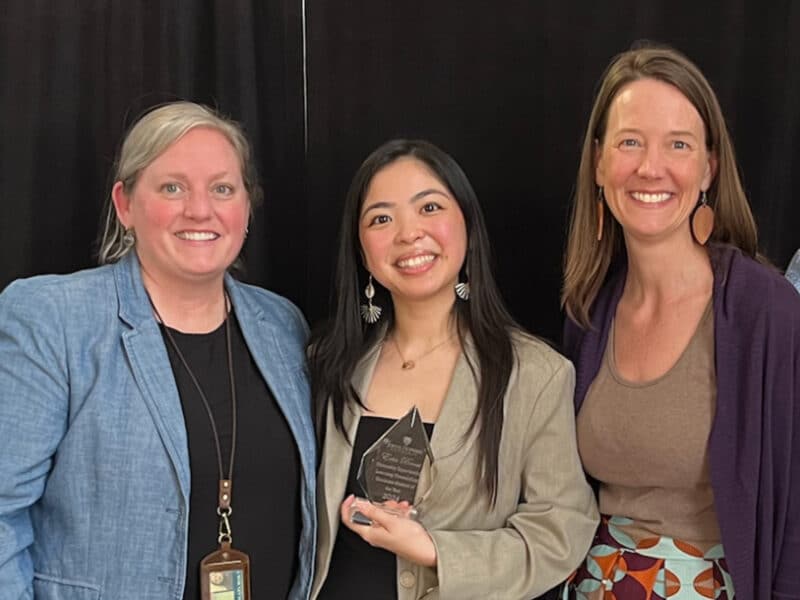The Johns Hopkins Center for Communication Programs has been awarded the U.S. Agency for International Development’s newest five-year, $35 million global knowledge management project.
The new project, Knowledge SUCCESS (Strengthening Use, Capacity, Collaboration, Exchange, Synthesis, and Sharing), will use the latest learnings from behavioral science and design thinking to make knowledge management easy, attractive, salient and timely. CCP has chosen to borrow from these disciplines because they are audience-first in their approaches, meaning that the audience is an integral part of building the solutions to ensure that the solutions work for them.
Knowledge management is used consistently to improve performance, systems and policies by collecting, curating and adapting the latest evidence and best practices on family planning, reproductive health and other global health areas into tools that make it easy to share with the people on the ground who need it. The goal is to improve the health of men, women and families everywhere.
The new work will build on the success of CCP’s Knowledge for Health (K4Health) project, which wraps up this year. K4Health is known for many products, including Family Planning Voices, the Global Health eLearning Center, the Global Health: Science and Practice journal, the popular Family Planning: A Global Handbook for Providers, Photoshare and K4Health toolkits. More than 2.3 million users visited K4Health’s online learning and knowledge sharing platforms in 2018.
“We plan to revolutionize the knowledge management world and bring a new lens to the challenges we face,” says CCP’s Tara M. Sullivan, PhD, who will direct the new project. “We will meld our traditional products — which the family planning and reproductive health community relies on and in which USAID has invested heavily — with new experiences, technologies and solutions. Working side-by-side with our audiences, we will use the tools we have today as the platforms to develop the solutions of tomorrow.”
CCP’s partners in Knowledge SUCCESS include FHI 360, Amref Health Africa and the Busara Center for Behavioral Economics. This team combines extensive knowledge management and family planning expertise with emerging behavioral science approaches and a global and regional reach that will define the project as a knowledge management powerhouse, Sullivan says.
Knowledge SUCCESS will aid other projects funded by USAID that do supply, service delivery, demand generation and advocacy work. In order to fill its mandate to strengthen health systems and improve voluntary family planning and reproductive health programs, Knowledge SUCCESS will work closely with staff in the field to ensure that local organizations can gain the expertise they need to incorporate knowledge management approaches and techniques into what they do.
“We have always worked to put evidence into action so we can increase contraceptive uptake and improve women’s health by connecting people with the knowledge they need to do their jobs better,” says Susan Krenn, CCP’s executive director. “With this new chapter beginning, we will take an even more nuanced approach, moving toward a customized experience for people based on their specific needs and working directly with our audiences to design new products and services. It’s an incredibly exciting opportunity.”
CCP is the largest center at the Johns Hopkins Bloomberg School of Public Health and sits in the school’s Department of Health, Behavior and Society.





